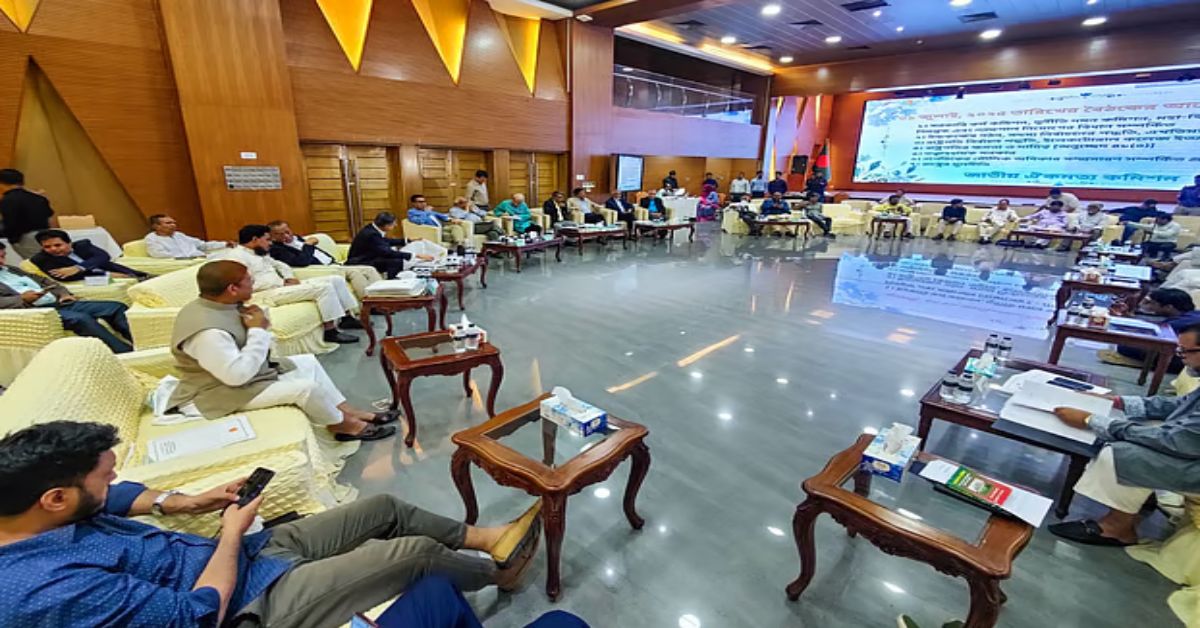The Election Commission has decided that 100 reserved parliamentary seats will be given to parties based on their share of votes in the national election. These members won’t be directly elected and won’t have full lawmaking powers. While the ruling parties support the move, BNP and its allies strongly oppose it, calling for broader reforms. The debate around fair representation is still ongoing.
Details are given below,
The Election Commission (EC) of Bangladesh has finalized a crucial decision: 100 reserved seats in the national parliament will be allocated to parties based on the proportion of votes they secure in the general elections. These reserved members will not be directly elected by the public but will be nominated under the proportional representation system, also known as the “PPR” method.
Read more: BB Governor Signals Possible Interest Rate Cut If Inflation Drops Below 7%
After prolonged discussions, the EC announced the decision officially. However, the move has sparked mixed reactions. The BNP and its alliance partners have strongly opposed the idea, declaring they would not accept reserved members based on proportional voting. Conversely, the ruling party and its allies have welcomed the plan, stating it aligns with democratic representation.
Historically, the procedure of selecting members for reserved seats has been debated. The EC had been working on formulating a method to fill these seats in accordance with party-wise vote shares. Parties like the National Citizens’ Party (NCP) and Jamiat-e-Islami have already voiced their support for the proportional system. Meanwhile, the BNP and its like-minded alliances have rejected the plan altogether, reiterating that reserved seats should not be determined based solely on vote shares without broader electoral reforms.
During previous discussions, the BNP and its allies demanded the withdrawal of the proposal, citing concerns over fairness and transparency. However, the EC proceeded with finalizing the rule, marking a significant shift in how reserved seats will be allocated moving forward.
Key Points of the Commission’s Guideline:
- Members nominated for reserved seats will not enjoy any additional legislative authority.
- These members cannot introduce any independent bills in Parliament.
- If they wish to propose a bill, it must be jointly done through a regular member of Parliament.
- Reserved seat members cannot retain any bill pending for more than a month.
- Bills remaining with them beyond this period will be considered invalid.
This development introduces a new layer to Bangladesh’s parliamentary structure, potentially changing the nature of representation for minority or smaller political groups in the legislature. However, with key opposition parties resisting the move, the political debate around proportional representation is expected to intensify in the coming days.
Source: Prothom Alo


















